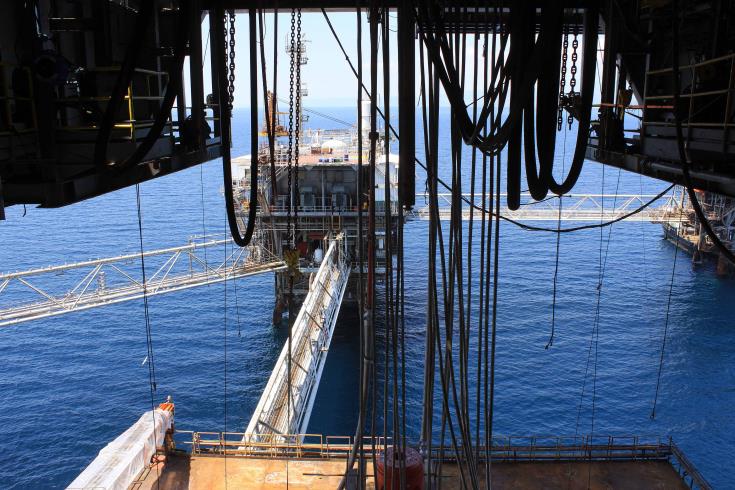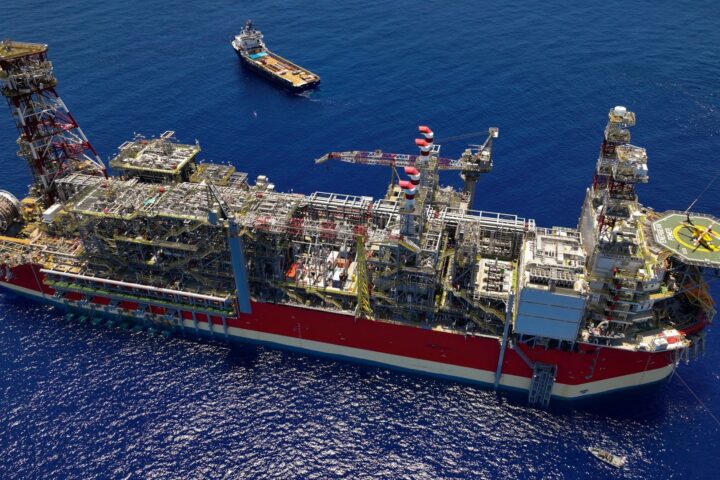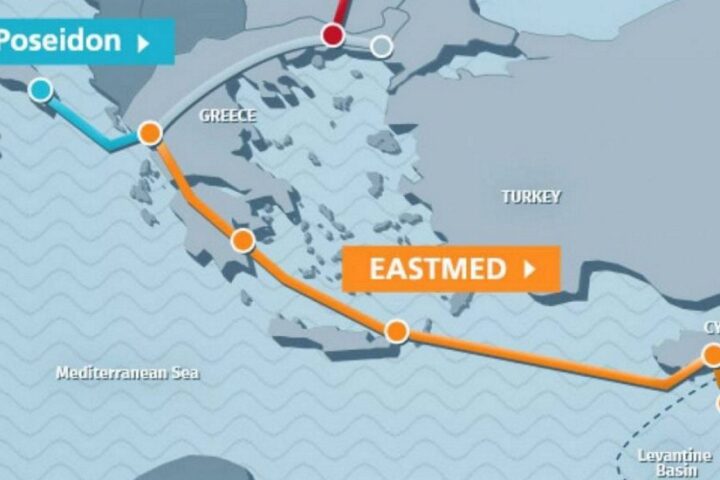As regional tensions rise over natural gas deposits off Cyprus, the dispute could be a “wasteful fight” as extracting the reserves may lead to an increase in greenhouse gas emissions undermining the EU’s climate goals, claims a UK-based NGO.
Natural resources in Cyprus waters are not worth fighting over as the world energy market is turning towards cleaner and greener solutions while European countries will not be needing these reserves claims a report published by British NGO Global Witness.
The natural gas reserves in the disputed waters of the Aegean Sea, estimated to be worth billions, have been a sticking point in the ongoing tensions in the eastern Mediterranean, as it could potentially make Cyprus a major energy player in the region.
“If only the gas already discovered in the disputed waters was extracted and burned, by 2050 it would produce almost as much as carbon as France and Spain together emit in a year,” reads the report.
Global Witness argued that European countries do not need the gas from the eastern Mediterranean because the current supplies from Norway, Russia, Turkey, Central Asia, and North Africa are supposed to meet exiting demand – even in the event of supply disruption.
This, as the report claims, would render the ambitious EastMed pipeline designed to carry liquified gas to Europe, unnecessary.
Furthermore, Global Witness indicates that the proposed EastMed pipeline linking the Aegean’s giant gas reserves to Europe could lead to more carbon emissions in one year than the Polish coal-fired power plant in Bełchatów – regarded as the largest fossil-fuel emitter in Europe.
Meanwhile, the EU is expected to reduce its use of natural gas by 29 percent to achieve current climate and energy targets for the next decade while reducing its demand by 90 percent by 2050 to achieve climate neutrality.
“As EU demand plummets, this gas will only decrease further in value. It is critical that officials realise this before risking conflict in the region.”
As the report notes, in August 2020, two warships – one Greek, one Turkish – crashed into one another off the east coast of Crete. Neither sank, and the collision was reportedly an accident.
However, the NGO perceives this as a result of a display of power over a section of the Mediterranean – and its promised fossil gas reserves – claimed by Greece, Turkey, and Cyprus.
“That there is a risk of conflict between European countries and Turkey is unacceptable. More shocking, however, is that this conflict could arise over a resource – fossil gas – that will have little value if we are to halt the climate emergency.”
The EastMed pipeline, an ambitious plan to build a €7 bln pipeline to mainland Europe, has been backed by the governments of Greece, Cyprus, and Israel, who signed a joint declaration of support in January.
The EastMed Agreement was signed on January 2, in Athens, between the three countries, while there was also a political commitment from Italy to sign it.
Italy has yet to sign the agreement quoting environmental concerns.
The EastMed project has already secured €35 mln in EU funding for four studies that are ready to be tendered.
The pipeline is expected to carry 9 to 12 billion cubic metres of natural gas a year from offshore reserves held by Israel and Cyprus to Greece, and then on to Italy and other south-eastern European countries.









